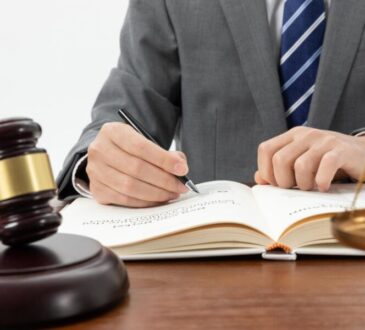
There are plenty of free will forms and there, it may be tempting to just print one out and take it from there on your own. New York State estate probate laws are complex however, and what you don’t get with forms is the legal advice you need. There are several areas in which having a lawyer present to help make out your will provides protection for both you and your loved ones.
Tax Planning
New York state has a graduated estate tax, and the tax implications for your beneficiaries may vary, or may be too much of a burden if you have one beneficiary. A qualified attorney can help you sort out your intentions to ensure that there are no surprises during probate. Your attorney might also advise that you consider a trust rather than a will, which can carry less of a tax burden when administered properly.
Ensure the Validity of Your Will
Ultimately a judge will decide whether your will is valid, and this process can go a lot more smoothly if your will has the backing of the attorney who was present when you made your decisions. Without this backing, the judge may declare your will invalid, which can lead to all sorts of problems for your intended beneficiaries.
If the judge declares your will invalid, your estate is then distributed under New York intestacy laws. In other words, it will be as if you had not filled out a will at all, and your assets will be distributed as such. These laws favor the spouse and children, and from there move on to parents and other relatives. If they cannot find close enough relatives, your estate goes to New York state.
Sort Out Executor and Potential Guardianship Issues
An attorney experienced with New York State estate probate laws can help guide you and make recommendations regarding who will be the executor of your estate and other issues that may come up that you had not considered. It may be tempting to choose a relative as executor, but this is only a viable option if that relative is familiar with your assets and liabilities and your intentions for your heirs.
It is also important to have an attorney help sort out what happens in unusual situations. If you leave your entire or most of your estate to one person, what happens if that person dies at the same time or becomes incapacitated and cannot carry out their duties? Sitting with your lawyer and working out various scenarios that may come up during probate can go a long way toward eliminating future headaches for your heirs.




